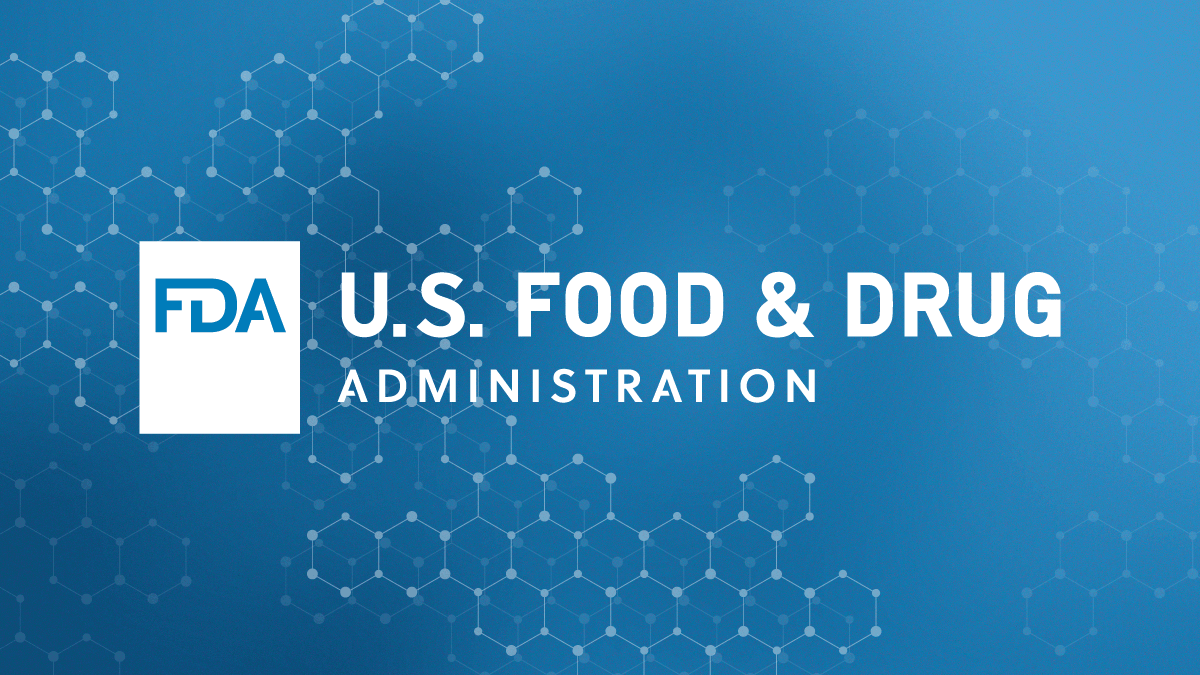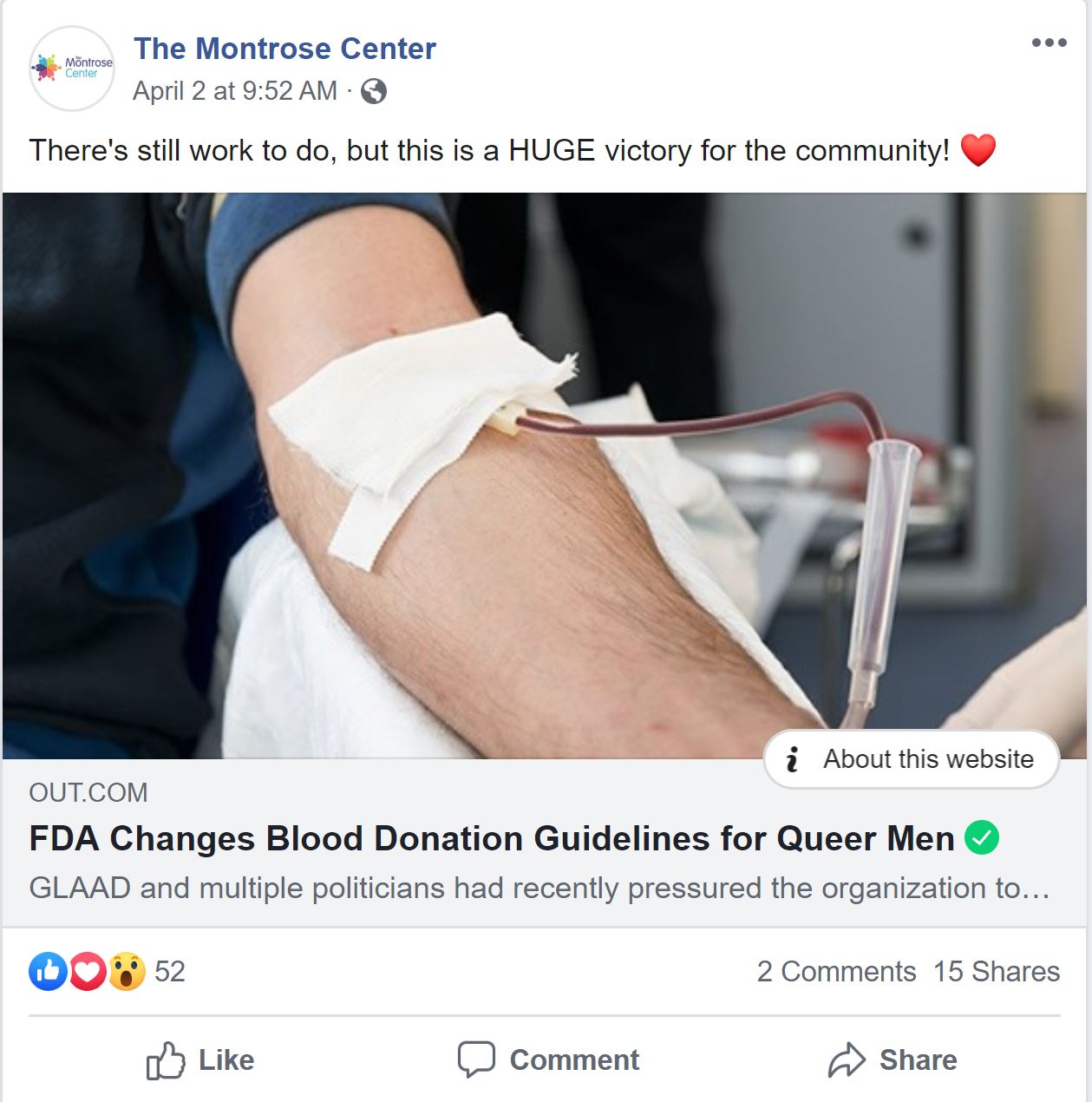EXPLAINER: FDA loosens restrictions for blood donations

On April 2, the Food and Drug Administration (FDA) announced it was updating requirements regarding blood donations during the COVID-19 pandemic.
The FDA stated COVID-19 has caused a dramatic reduction in blood donations as a result of social distancing and the cancellation of blood drives.
Because of this, the FDA said it would be modifying blood donation requirements to encourage more people to donate blood during this time of need, in order to keep an adequate amount of blood supply available.
The FDA concluded that current policies regarding donor eligibility could be lifted without compromising blood supply safety. However, the announcement states, alternative requirements may only apply for the duration of the pandemic.
Alternative requirements for donor eligibility include changing the deferral period from 12 months to three months for people who have visited malaria-endemic areas, people with recent tattoos or piercings, females who have had sex with a man who had sex with another man, and males who have had sex with another man.
For people who have spent time in Europe and might have been exposed to Creutzfeldt-Jakob Disease or a variant, the agency is eliminating the recommended deferrals altogether.
History of ban on gay and bi men from donating blood:
In 1983, the FDA implemented a ban on gay and bisexual men from donating blood to prevent the transmission of the human immunodeficiency virus (HIV) through blood transfusions. Women who have had sex with other women are able to donate.
In 2015, the lifetime ban for gay and bisexual men donating blood was uplifted by the FDA to a deferral period of 12 months with abstinence. The deferral period of 12 months brought the U.S. in line with other countries like Australia and New Zealand, who both require a 12 month period. In 2017, the United Kingdom had minimized the waiting period to three months.
With the continued spread of COVID-19, the FDA has lessened the deferral period to three months to meet the need for an adequate blood supply. Dr. Peter Marks, M.D., Ph.D., director of the Center for Biologics Evaluation and Research (CBER) announced April 2 that based on studies and epidemiologic data, the modified deferral period will not compromise the safety of the national blood supply.
What is HIV?
Human immunodeficiency virus or HIV is a virus that attacks cells in your body that help fight off infections. This makes a person more vulnerable to other diseases and infections. A person can get HIV by coming into contact with bodily fluids from another person who has HIV.
While there is no cure for HIV, there is an HIV treatment consisting of a combination of medicines, called antiretroviral therapy (ART), that helps lower the amount of the virus in one’s body. Thus, slowing the progression. This treatment is advised by the CDC for all persons with HIV, regardless of when diagnosed, as it can help keep the person healthy and reduce possible transmission to other persons.
What is AIDS?
Acquired immunodeficiency syndrome (AIDS) is the most severe stage in HIV infection. At this point, a person’s immune system is badly damaged which can lead to the development of what are called opportunistic illnesses.
During the 1980s and early 1990s, an outbreak of HIV/AIDS swept across the U.S. and the rest of the world. Approximately 32 million people have died from AIDS-related diseases.
In the U.S., most persons with HIV do not advance to this late stage, as long as HIV treatment is continued daily.
For further explanation, watch these videos:
This video is by AsapSCIENCE, a quick, four-minute video explaining the science behind HIV and AIDS.
This video is more in-depth on HIV and AIDS by Osmosis. Ten-minute video on symptoms, causes & pathology and transmission.
Response to the change:

Screenshot by The Signal reporter, Teagan Findler.
In an open letter signed by over 500 medical professionals, GLAAD (Gay and Lesbian Alliance Against Defamation) criticized the change by stating that it did not go far enough.
“While changing policy and implementing such changes in the field are logistically challenging, the COVID-19 pandemic is asking us to step up and revise regulations that no longer serve the greater good,” states the letter published April 16. “We are not advocating for relaxing standards that would compromise the safety of our blood supply. Instead, we advocate for scientifically-driven standards that uphold the utmost safety of the blood supply and simultaneously promote equity and reverse historical discrimination in blood donation.”
The Human Rights Campaign (HRC) penned a similar letter urging the FDA to change the blood donation policy for gay and bi men that reflects modern blood testing science and to implement evidence-based risk assessment materials.
Alphonso David, president of HRC, gave this response via Twitter: “It has never been more critical to prioritize science & facts over fear & bias. Continuing to enforce the prohibition on blood donation by sexually active gay & bi+ men does not reflect the best science available. We must right this wrong without delay.”
Resources in Houston to donate blood:
- The Gulf Coast Regional Blood Center accepts blood donations by appointment only and appointments are scheduled to follow social distancing guidelines and patient blood usage. The Gulf Coast Regional Blood Center also has mobile blood drives around the Houston region. Visit their website to look at times, places and schedule an appointment.
- All MD Anderson Blood Donor Centers are accepting appointment-only blood donations as a response to COVID-19. They are cautious of donors, so no one who has traveled internationally or to any other state outside of Texas within the last 14 days cannot donate. They also are asking all potential donors if they have any symptoms of respiratory infection or illness (sore throat, coughing, shortness of breath). Everyone is being screened at the entrance for symptoms and personnel work inside glass enclosures as an added safety measure. For more information, visit the MD Anderson website.

